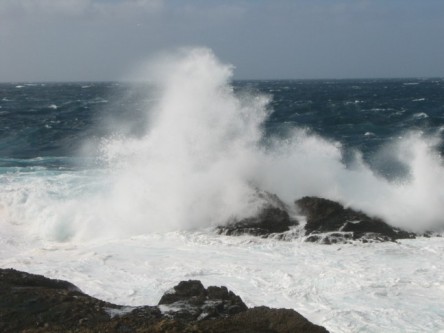As we look around at the world we live in, conflict appears to be a problem. As soon as there is a preceived shortage of anything there is conflict over ownership, and there is conflict over who is right and who is wrong on any given subject. We can just look at the US political activities of the moment and see all the speech-makers wanting to be able to claim rightness, and have the people who have different opinions be in the wrong. This is a basic human ego insistence, this need to be right which makes others wrong in order to validate itself.
Most of us aren’t actively at war, but conflict enters our lives in subtle ways: in our relationships, our families, with our neighbors, with people holding different beliefs and different political persuasions. We may even be striving for a world without conflict, but our way of achieving our lofty goal may come out as a new conflict with people who aren’t behaving peacefully.
The thought structures that lead to conflict are always characterized by our thinking we are right and another is wrong. We then feel more solidly and definitely identified with our newly-strengthened egos. This is the process by which we generate outward actions to fix our world, or rather to make it conform to our ideas about how it “should” be.
Yet we must pause a moment here, and see if the world is not already perfect just the way it is as a set-up for awakening, including the conflict that it embraces so plentifully.
Could conflict actually have a role to play in our awakening?
Conflict is the outward manifestation of the kind of thinking we have spoken about above. The colliding of things that are different does not naturally create conflict (aka disharmony or hostility) any more than the meeting of the waves with the rocks on a rocky coastline. The waves are not claiming that the rocks are wrong to be so solid, and the rocks don’t criticize the water for its fluidity. They simply meet in a tumultuous splash and subside, creating a transitional environment at their edges that is exciting, compelling and full of life. Tumult always holds the possibility of some injury, but our rocky shores are not scenes of carnage– they teem with life.
The arising of the kind of thinking that begets conflict is a moment where each of us get a glimpse of the starting-point for the troublesome aspects of our conflicted world. By seeing how we cause conflict by the way we think ourselves to be “right” and reinforce this by making make outer enemies who are wrong, we can begin to step free of this pattern of thinking. This is a very individual journey for each of us to make because our egos are all so different. We are each, of course, also free to go back to our old repeating patterns of addressing conflict outwardly, but this direction is more and more clearly offering us the detrimental results which are evident on the world stage.


